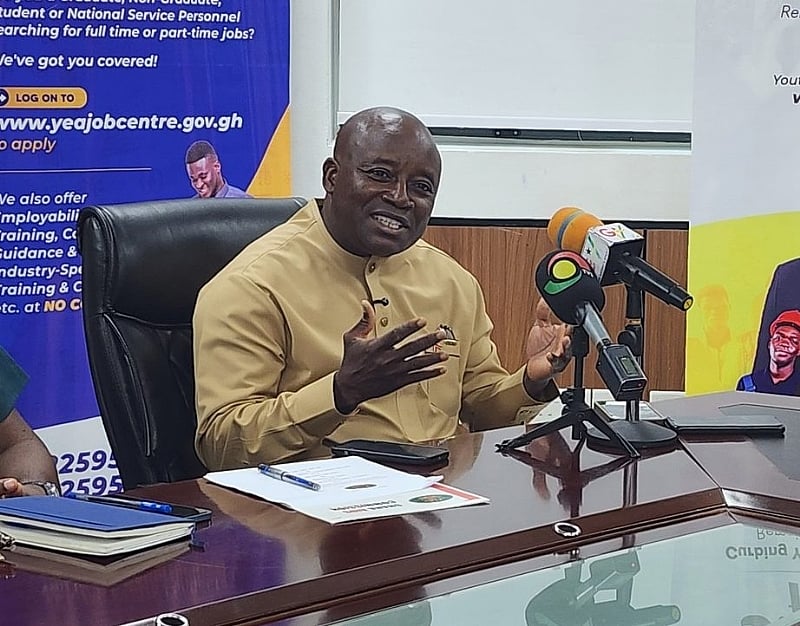The Ghana AIDS Commission has issued a stark warning regarding a concerning escalation in HIV infections among young people aged 15 to 24, a demographic traditionally considered at lower risk. This alarming trend, according to the Commission, underscores a dangerous shift in sexual health priorities among adolescents, where the focus on preventing pregnancy overshadows the crucial need for protection against sexually transmitted infections (STIs), particularly HIV. This skewed perspective, fueled by readily available emergency contraceptives, creates a false sense of security, leaving young people vulnerable to the virus. The Commission’s Director-General, Dr. Prosper Akanbong, expressed deep concern over the rising infection rates within this age group, emphasizing the urgent need to reverse this trajectory before it undermines decades of progress in Ghana’s fight against HIV/AIDS.
The core of the problem, as identified by Dr. Akanbong, lies in the increasing reliance on emergency contraceptives as the primary method of birth control among young people. While these methods are effective in preventing pregnancy, they offer no protection whatsoever against STIs, including HIV. This over-reliance on emergency contraception, coupled with a declining use of condoms, creates a perfect storm for the spread of the virus. Young people, preoccupied with the immediate fear of pregnancy, often neglect the long-term and potentially devastating consequences of contracting HIV. This mindset, according to the Commission, reveals a critical gap in sexual health education and highlights the need for a more comprehensive approach that addresses both pregnancy and STI prevention.
The Commission’s warning serves as a wake-up call to all stakeholders involved in promoting sexual health among young people. The current trend, if left unchecked, threatens to erode the significant gains made in combating HIV/AIDS in Ghana. The rising infection rates among the 15-24 age group represent not only a public health crisis but also a societal challenge that demands immediate and concerted action. The Commission’s call for intensified public education underscores the importance of reaching young people with accurate information about HIV transmission, prevention, and the crucial role of condoms in protecting against both pregnancy and STIs.
To effectively combat this growing epidemic, the Ghana AIDS Commission is advocating for a multi-pronged approach involving collaboration between various sectors of society. Schools, as primary points of contact for young people, are urged to strengthen their sexual health education programs, ensuring that accurate and comprehensive information about HIV and other STIs is readily available. Health professionals, including doctors, nurses, and counselors, play a crucial role in providing confidential testing, counseling, and treatment services, as well as dispelling misconceptions surrounding HIV transmission and prevention.
Civil society organizations, with their deep community connections and experience in health promotion, are also essential partners in this effort. Their expertise in designing and implementing targeted interventions can contribute significantly to raising awareness among young people and promoting responsible sexual behavior. The media, as a powerful channel for disseminating information, has a responsibility to provide accurate and balanced reporting on HIV/AIDS, highlighting both the challenges and the successes in the fight against the virus. By working together, these various stakeholders can create a supportive environment that empowers young people to make informed decisions about their sexual health.
Ultimately, reversing the alarming trend of rising HIV infections among young people in Ghana requires a shift in mindset. Young people must understand that preventing pregnancy and protecting themselves from STIs are equally important aspects of sexual health. This requires moving beyond the fear of pregnancy alone and recognizing the potentially devastating consequences of contracting HIV. By embracing a more comprehensive approach to sexual health, characterized by open communication, accurate information, and responsible decision-making, Ghana can effectively combat this growing epidemic and safeguard the health and well-being of its youth. This collective effort is essential not only to protect the current generation but also to ensure a healthier and more promising future for generations to come.














